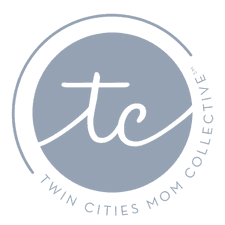Anyone who has spent time with young children knows they’re excellent at asking questions and have an unquenchable thirst for answers. Why did rabbits eat these flowers but not those? Why is it so windy today? Why is the sky blue?
As adults, we are often tempted to answer all of these questions, sometimes to the point of exhaustion. We want to be helpful and seem wise, but whom among us hasn’t once gone on autopilot with “because, that’s why” as our ultimate response?
Answering a child’s question is natural. We have a loving desire to share our knowledge, our stories and our experiences with the next generation. This inclination to answer questions is often compounded by an outdated mindset that children are “empty vessels” who need to be filled with information. We mistakenly believe that only by answering all of our children’s questions can we ensure they will become competent, confident, and highly-developed adults.

Instead of Answering, Try Asking
As a pre-kindergarten teacher for 15 years at The Blake School, I’ve experienced the benefits of using an alternative approach in responding to the wonderful myriad of questions children ask in my classroom. Rather than answering all the questions, I’ve found the best way to catalyze a child’s exploration, learning and development is the simple act of posing a question.
Questions are a central element in how and why we teach young children. We know that there are no “empty vessels” coming through our classroom doors. We see each child as competent and in possession of their own experiences and knowledge. It is through the process of asking questions that we begin to learn about each other. It is through questions that we unlock the ways in which we can guide a child’s learning experience. And it is through questions that we develop children’s confidence to empower them to seek answers on their own.

Here are some examples of how you might use questions to encourage thoughtful conversation at home.
- Questions for directing thinking and discussion
Questions can help guide a child’s thinking process. Open-ended questions tend to encourage more detailed responses. If you ask a “yes or no” question you will likely end up with “yes” or “no” as a response, and perhaps little else. Even a question as innocuous as, “How was your day today?” will tend to be met with a one-word reply. Posing an open-ended question such as, “What surprised you the most at school today?” is more likely to foster discussion.
There are times when more convergent questions are more productive. For example, “What ingredients will we need to bake these cookies together?” or “What kind of shoes do you think will be the best for playing in the snow?” The idea is to use questions to guide a young child toward independently processing an inquiry and taking ownership of their thinking.
- Questions to extend learning
Instead of showing a child how to do something you can use questions to extend their thinking. For example, “I see you are frustrated trying to build that block tower. What would happen if you started with the bigger blocks on the bottom instead of the top?”
- Questions for critical thinking
When questions are used as part of the inquiry process children learn to think for themselves instead of blindly accepting what they are told or coming to believe that there is only one possible answer. In Pre-K we often specifically introduce the “5 W’s” (what, where, who, when, and why) as entry points into critical thinking skills.
- Questions for creating conversation and empathy
Simple questions such as, “How can I help?” “What are you feeling right now?” followed by engaged listening help to deepen interpersonal connections and develop empathy.
- Questions for creative problem solving
When a child faces a challenge, start asking questions like, “What do you know about this already?” “What is it similar to?” “What have you tried?” “What haven’t you tried?” All are great ways to kickstart the problem-solving process.
- Questions to shift perspective
Statements such as, “Leaves turn color in the fall,” tend to trigger our logical and analytical skills. Inherent in them is the conclusion. Questions, on the other hand, can open up a child’s imagination and a world of possibilities — some even magical. That is where creative ideas and solutions emerge. Try asking, “Why do you think that every year around this time the leaves change from green to yellow, red, orange, and brown?”
- Questions as a way of life
Questions don’t have to be seen as a problem to be solved or a hindrance to be surmounted. Rather they are gateways to exploration and connection. You don’t have to get bogged down by making sure your child comes up with the “right” answer. Sometimes you can simply leave a question unanswered, or try following up with another question: “That’s a possible answer to why the leaves change color. Do you think there are other possibilities? What other changes are happening this time of year?”
Shifting how we explore the world with questions and curiosity extends learning beyond the classroom and builds a habit of mind that is open, flexible, and highly developed. Questions can facilitate engagement, open up dialogs, and change perspectives. And more often than not, the questions themselves can be the answer if we simply allow ourselves to rest in wonderment and curiosity.

The Blake School is a Pre-K through 12 independent school with three campus locations in Hopkins, Minneapolis and Wayzata.
For information about our early childhood education program see www.blakeschool.org or talk with teachers, parents, students, and staff at an upcoming Discover Blake event.



